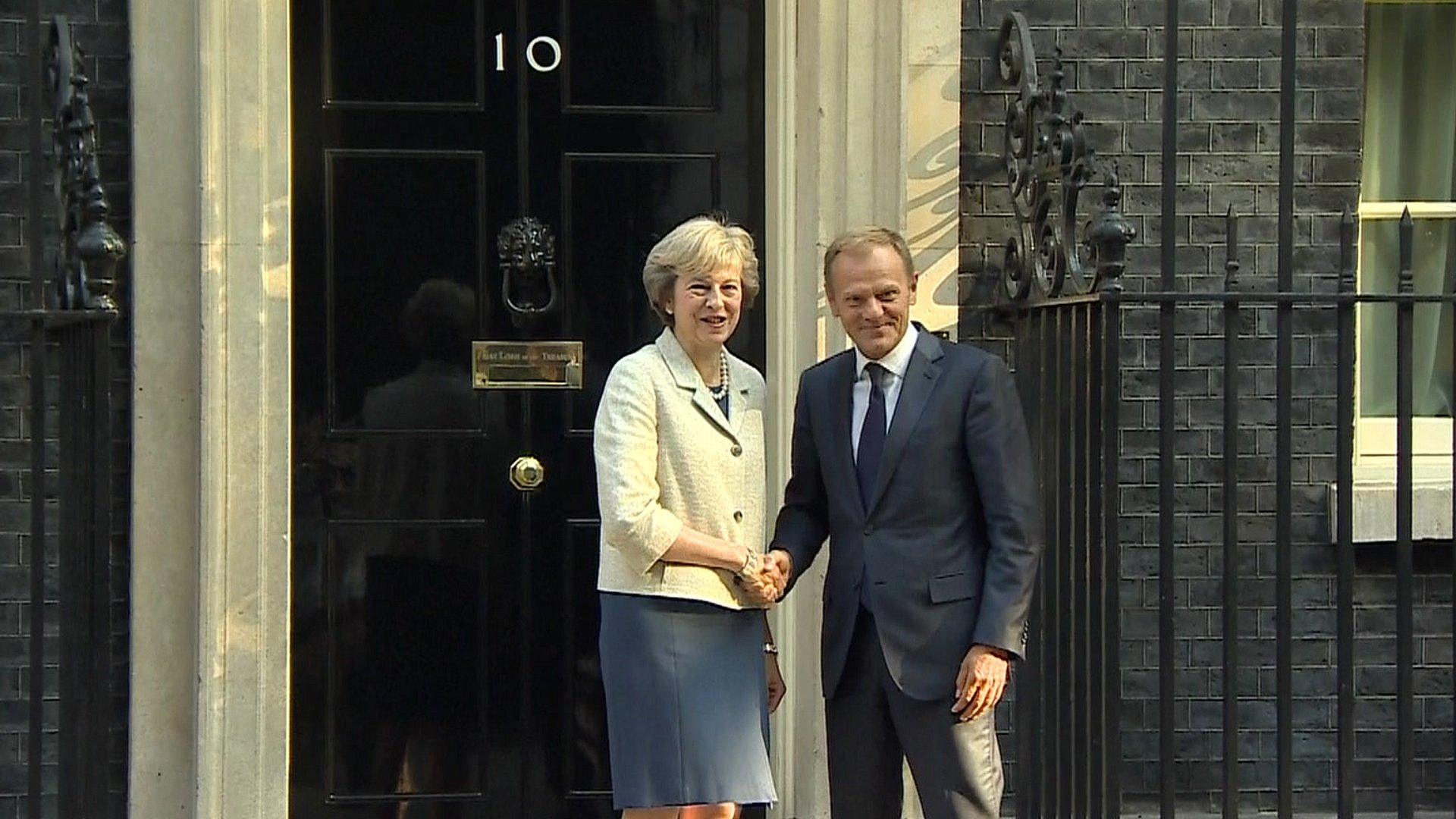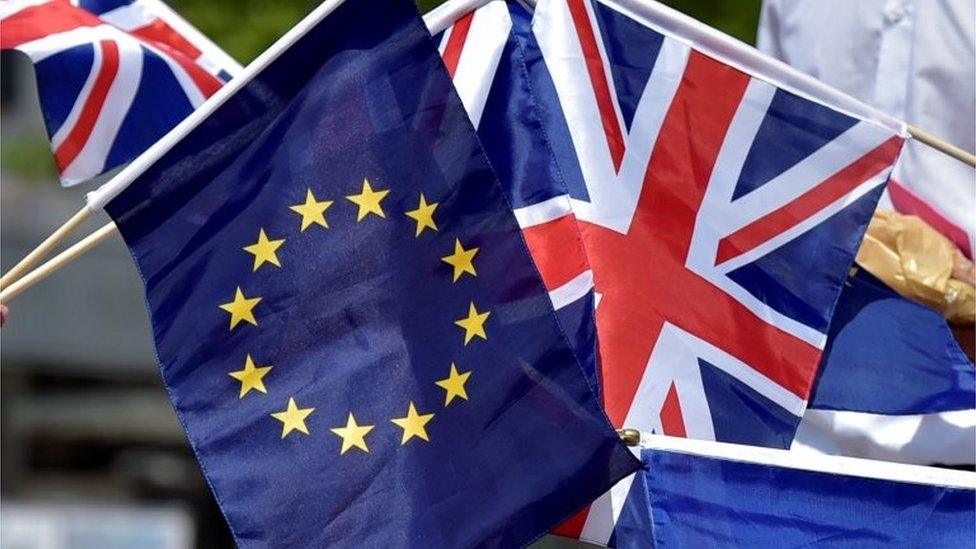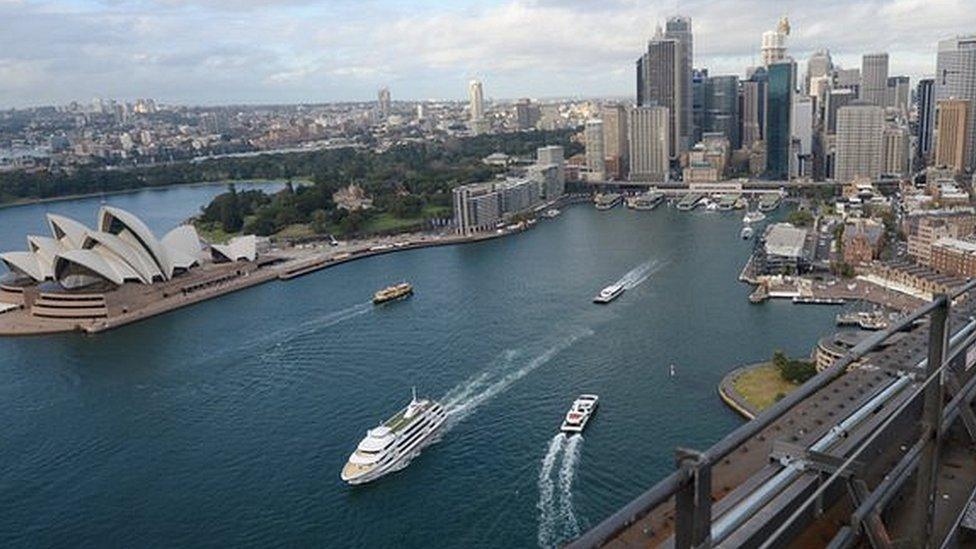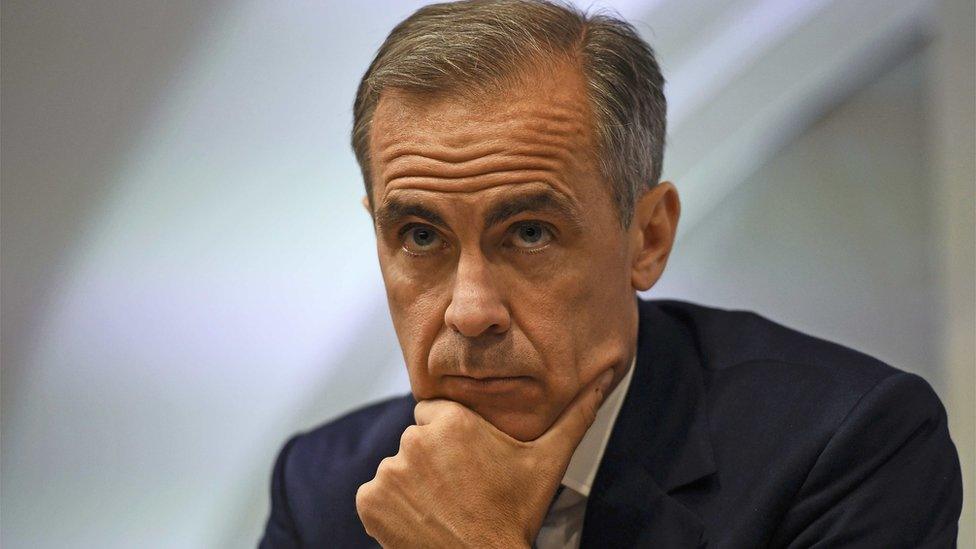Brexit: Donald Tusk tells Theresa May 'ball's in UK's court'
- Published

European Council president Donald Tusk told Theresa May "the ball is now in your court" as the pair discussed the next steps on Brexit.
Meeting the PM at Number 10, Mr Tusk said the other 27 member states were waiting to see when the UK would formally trigger its EU departure.
Mrs May said she wanted a "smooth" Brexit process.
Meanwhile, former Belgian PM Guy Verhofstadt has been appointed as the EU Parliament's lead Brexit negotiator.
On Twitter, Mr Verhofstadt, head of the Liberal group in the European Parliament, said it was an "honour" to be appointed to the role, which he said would be central to the deal struck with the UK and "any future EU-UK agreements".
EU leaders, excluding the UK, are preparing to meet next week in Bratislava to sketch out the bloc's future after Brexit.
'Not easy'
Mr Tusk - who oversaw the UK's EU renegotiation attempts prior to the in/out referendum - told Mrs May: "It doesn't mean that we are going to discuss our future relations with the UK in Bratislava, because for this - and especially for the start of the negotiations - we need the formal notification, I mean triggering Article 50.
"This is the position shared by all 27 member states. To put it simply, the ball is now in your court.
"I'm aware that it is not easy but I still hope you will be ready to start the process as soon as possible.
"I have no doubt that at the end of the day our common strategic goal is to establish the closest possible relations."
The PM has said the government will "not reveal its hand", amid pressure to set out what it wants to achieve from the negotiations.
The meeting between Mrs May and Mr Tusk - over salmon and scrambled eggs - was billed as an attempt for the two leaders to get to know each other ahead of those talks.
They were also expected to discuss trade, migration, Russian sanctions and the Ukraine.

Analysis

By Kevin Connolly, Europe correspondent
Donald Tusk is a businesslike pragmatist - hence his talk of turning the potentially fractious and intractable process of Brexit into a "velvet divorce".
His visit to London is part of the process of preparing for the Bratislava gathering where the UK won't be a voice around the conference table but will be very much an elephant in the room.
Neither he nor Theresa May is anywhere near deciding where their bottom lines will eventually settle on the issues of immigration and access to the single market - nor would either be ready to reveal their hand to the other if decisions had been taken.
But these talks could be important because they could help to set the tone for the opening phase of the more serious negotiations on Brexit whenever they might begin - and when they do it's worth noting Mr Tusk will be representing the interests of the 27 states remaining in the EU, rather than the one that's leaving.

Speaking ahead of Mr Tusk's visit, the PM's official spokeswoman said it was: "An opportunity in part to talk about the process of leaving the European Union, how we see the upcoming months, but also to talk about the upcoming October European Council and some of the issues that we expect to be on the agenda for that."
The UK government has said it does not plan to kick-start the formal two-year EU exit process until the start of 2017 at the earliest, to give it time to prepare its negotiating position.
Mrs May has refused to give a "running commentary" on the Brexit process, and pledged to "think through the issues in a sober and considered way".
"So we will not take decisions until we are ready. We will not reveal our hand prematurely and we will not provide a running commentary on every twist and turn of the negotiation," she told MPs on Wednesday.
'Right time'
After Thursday's talks, the prime minister is chairing a cabinet subcommittee on Britain's exit from the EU which will focus on trade.
It comes after Australia and the UK began "preliminary discussions" about a new trade deal, with Australian trade minister Steven Ciobo predicting an agreement between the countries "when the time is right".
But with the UK unable to sign deals while still in the EU, he said an agreement would not be able to happen until the UK left the EU in two-and-a-half years' time.
Mrs May has said India, Mexico, South Korea and Singapore are also keen to remove trade barriers.
Brexit Secretary David Davis has predicted a "round of global trade deals" will be "fully negotiated" within 12 to 24 months, coming into force when the UK leaves the EU.
- Published7 September 2016

- Published7 September 2016
